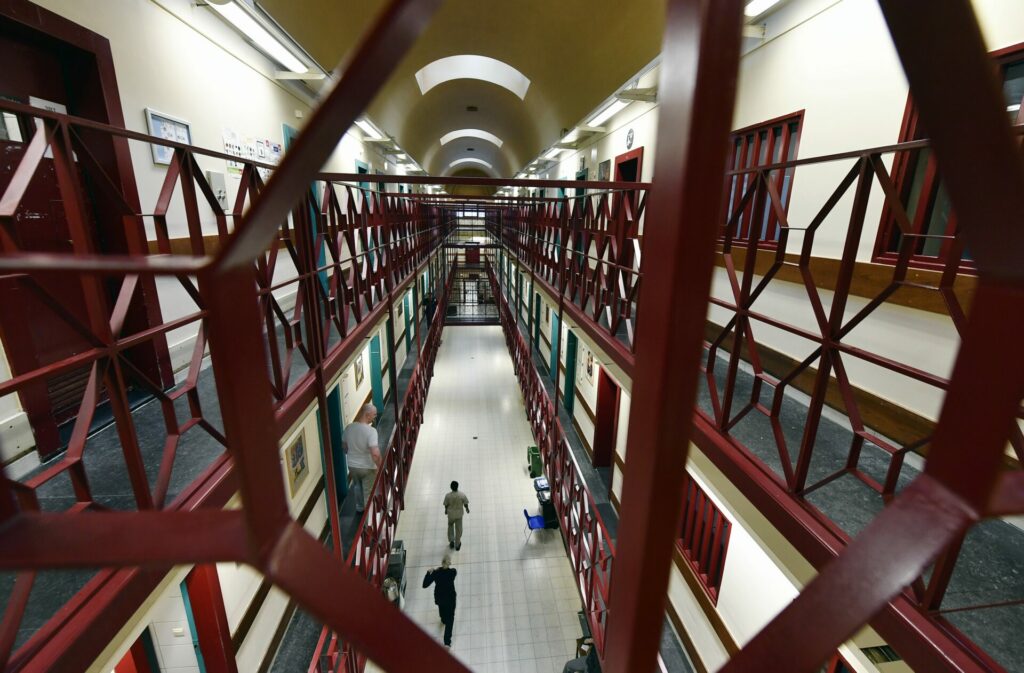In the space of half a year, 294 inmates were given reduced sentences to help relieve overcrowded prisons, De Standaard reports. During the Covid-19 pandemic, the Federal Government devised a scheme to release inmates six months before the end of their terms to help prevent the spread of the virus.
But with the pandemic over, some prisoners have still seen their sentences reduced, largely as a temporary measure to reduce prison overcrowding. The policy has been extended again until September 2023. For some politicians in Belgium, this necessity is a significant frustration, in particular for those in the Flemish nationalist party New Flemish Alliance (N-VA).
“This is about releasing prisoners earlier simply because of lack of space. It sends the wrong signal to criminals, and the verdict of a criminal judge is not actually taken seriously,” complained N-VA MP Sophie De Wit.
De Wit claims that the system is poorly thought out and lacks oversight. Prison wardens have very little say in which prisoners are released early. Although the early release scheme is not made available to those convicted of sexual or terror offences. According to statistics requested by De Wit, the most common sentence reductions are granted to people serving sentences of between three and five years.
“These are no softies,” De Wit stated. “These prisoners were condemned to harsh sentences. Just giving them a sentence reduction is really not the right way to tackle overcrowding.”
Chronic shortage of space
The Federal Government is working hard to alleviate overcrowding, notably by building new prison facilities. On Saturday, 271 prisoners were moved to a new “humane” prison complex in Dendermonde in what is one of the biggest prison transfers in recent history in Belgium.
Experts say that prison overcrowding can have a negative impact on rehabilitation rates. All prisons in Belgium, perhaps with the exception of the new Dendermonde jail, have been experiencing overcrowding for the last 20 years.
Belgium is one of the five EU Member States with the highest levels of overcrowding, standing at 108.4% capacity. Many prisoners are in a dilapidated state and in need of urgent modernisation rates. As such, releasing prisoners earlier is often relied upon by the government as a stop-gap measure.
Related News
- One third of European prisoners suffer mental disorders
- Record number of electronic tagging: 'Not suitable to combat prison overcrowding'
This practice already faced resistance when it was first introduced, with both the MR and CD&V joining the protests in parliament. Without the objections of the three right-wing parties, the sentence reduction scheme would have run until 2024. The measure could potentially be extended again in the summer.
In defence of the measure, Jan Van der Cruysee, spokesperson for Justice Minister Vicent Van Quickenborne, told De Standaard that it is intended for people “who are at the end of their sentences and normally do not always get sufficient opportunities in terms of reintegration into society.”
“The measure serves an important purpose to combat overcrowding. Until last September, short sentences were being systematically shifted to electronic monitoring. That has changed: sentences of two to three years now mean detention, and from next September, sentences of six months or more will be served."

